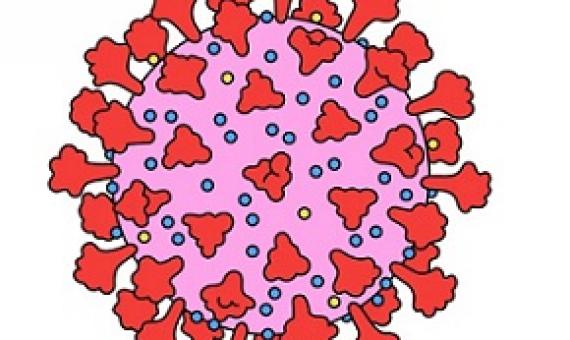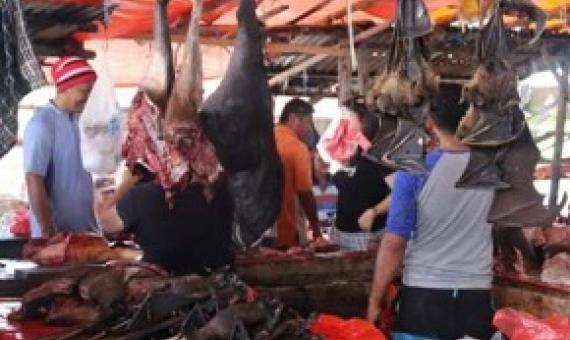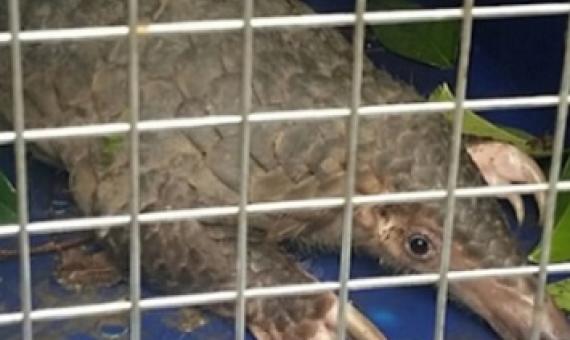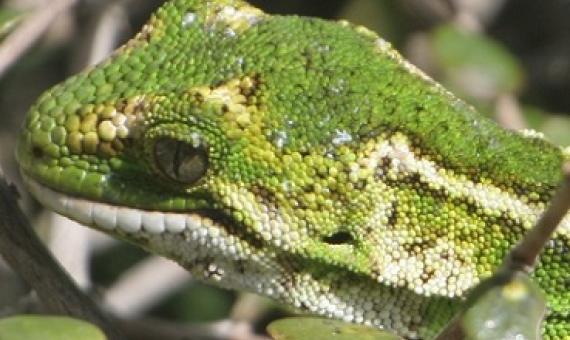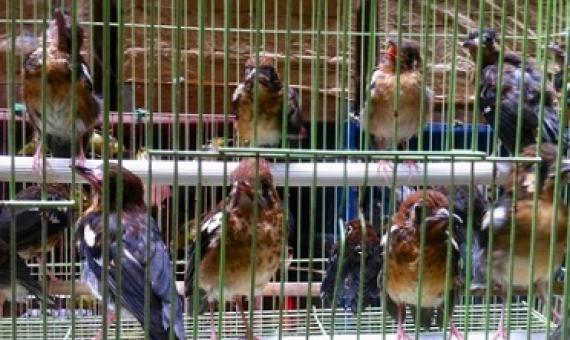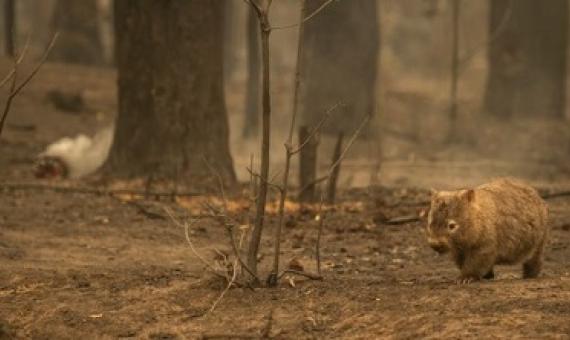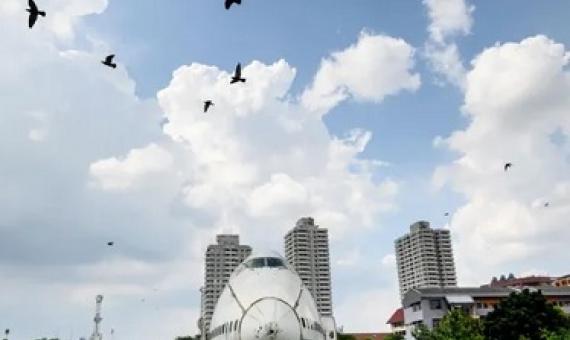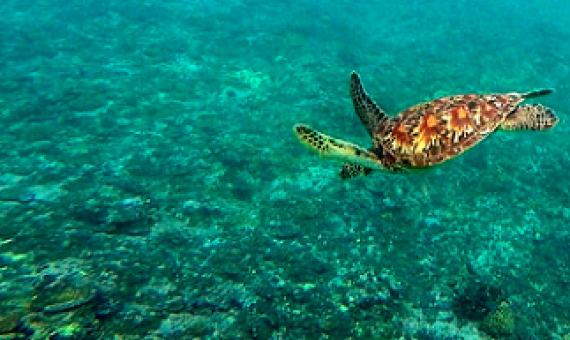For thousands of years, a parasite with no name lived happily among horseshoe bats in southern China. The bats had evolved to the point that they did not notice; they went about their nightly flights unbothered.
As COVID-19 spreads across the globe, a common question is, can infectious diseases be connected to environmental change? Yes, indicates a study published today from the University of California, Davis' One Health Institute.
With the cruise ships gone and the souvenir stalls closed, the coronavirus lockdown has transformed La Serenissima’s waterways...Under Venice’s strict rules of self-confinement to prevent the spread of the coronavirus – all journeys but a trip to walk the dog or buy food are forbidden – the ancie
The Zoological Society of London has warned that a lack of research into the health of wildlife populations is leaving humanity vulnerable to future pandemics. ZSL, a conservation charity which specialises in the science behind zoonotic diseases—those that transfer from wildlife to
Wildlife smugglers have been sent a stern message after an Auckland woman was convicted and fined for bringing Asiatic bear bile into the country.
What do the coronavirus, HIV, and the impending extinction of the world’s rhinoceroses have in common?
Australia is in the grip of its worst wildfire season on record. The human death toll stands at 27, and some 2,000 homes have been destroyed across more than 10 million hectares of land — an area larger than Portugal. An estimated 1 billion wild mammals, birds and reptiles have perished.
The impact of hunting on tropical mammal and bird populations
Hunting is a major driver of biodiversity loss, but a systematic large-scale estimate of hunting-induced defaunation is lacking. We synthesized 176 studies to quantify huntinginduced declines of mammal and bird populations across the tropics. Bird and mammal abundances declined by 58% (25 – 76 %) and by 83% (72 – 90%) in hunted compared to unhunted areas. Bird and mammal populations were depleted within 7 and 40 km from hunters’ access points (roads and settlements). Additionally, hunting pressure was higher in areas with better accessibility to major towns where wild meat could be traded.
Noise produced by human activities should be better regulated to protect wildlife, say the authors of a study exposing how sound pollution affects myriad creatures from fish to birds.Road traffic, aircraft, ships, factories and oil drilling are all human activities that produce noise, most – but
Comprehensive study of mammals, birds, amphibians and reptiles finds that nearly one-fifth of vertebrates are bought and sold around the world.The findings come from one of the most comprehensive studies of the international wildlife trade to date, which surveyed more than 30,000 species of mamma

